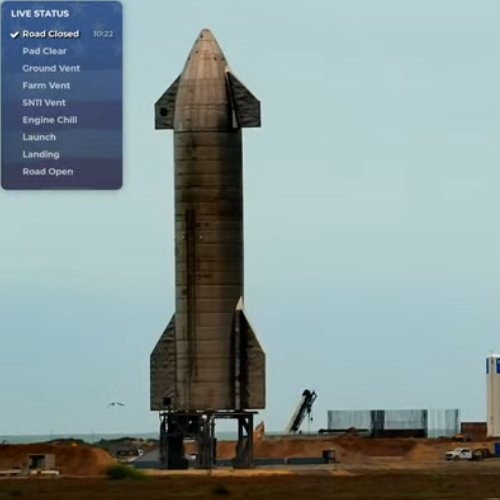SpaceX raises another $1.16 billion in private capital
Capitalism in space: In a regulatory filing yesterday SpaceX revealed that it raised another $1.16 billion in private investment capital in just the past two months.
This follows two other recent financing rounds since August of last year in which SpaceX raised almost $3 billion. That makes $4 billion raised in eight months. All told, I think this brings the total private investment capital SpaceX has raised in the past two years to approximately $6 billion, all for building both the Starlink satellite constellation and the Starship/Superheavy rocket.
Not only does this give SpaceX ample cash to build both, it signals the growing faith big money investors have in the company’s plans. They have bought into Elon Musk’s dreams because he has proven that his dreams deliver, not only in exciting space ventures but in profits.
This fund-raising success also tells us that even if Starship does not reach orbit before SLS, it will very soon eclipse it entirely. It has the money now to get built, and the way SpaceX builds things, it will get built fast.
Capitalism in space: In a regulatory filing yesterday SpaceX revealed that it raised another $1.16 billion in private investment capital in just the past two months.
This follows two other recent financing rounds since August of last year in which SpaceX raised almost $3 billion. That makes $4 billion raised in eight months. All told, I think this brings the total private investment capital SpaceX has raised in the past two years to approximately $6 billion, all for building both the Starlink satellite constellation and the Starship/Superheavy rocket.
Not only does this give SpaceX ample cash to build both, it signals the growing faith big money investors have in the company’s plans. They have bought into Elon Musk’s dreams because he has proven that his dreams deliver, not only in exciting space ventures but in profits.
This fund-raising success also tells us that even if Starship does not reach orbit before SLS, it will very soon eclipse it entirely. It has the money now to get built, and the way SpaceX builds things, it will get built fast.





